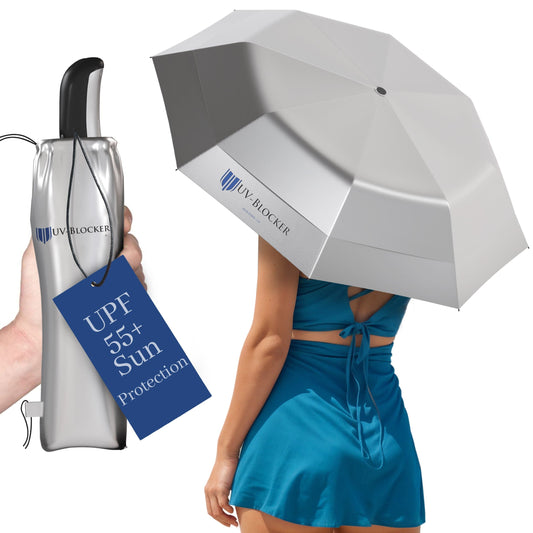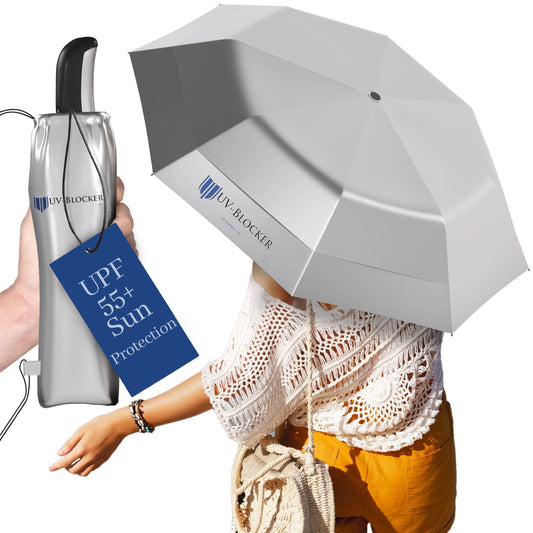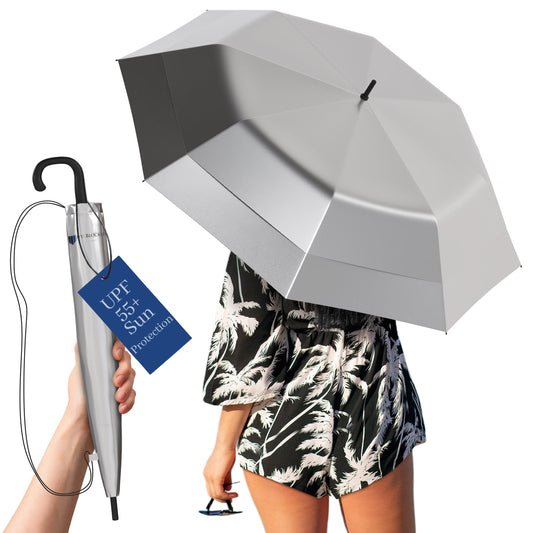Summer is the time of beaches, barbecues, sunbathing, and relaxing.
It is also the time of stress, unbearable heat, lengthy days, and sunburn.
If you're quite sun tolerant, then this isn't so bad, but if you are fair or live far enough north where your skin has had no exposure to the sun all winter, then you are in for a bad time.
Sunburns are a pain, and they only get worse as summer goes on, with many only gaining their sun tolerance as September rolls around.
The reddish, burnt skin is not only painful to touch, but can be a risk to our long term health, as continuous sunburn can lead to the development of cancerous cells.
Normally, this isn't so bad, as everyone has sunscreen. But what if you are caught out?
Do you just abandon your beachside day for the shade? Or do you risk having bad sunburn?
Well, have no fear, as we have come to shelter your sensitive skin with the shade of this guide, letting you know how to prevent sunburn without sunscreen.
Ways To Avoid Getting Sunburned Without Sunscreen

Obviously, the best solution to enjoy the sun and also avoid sunburn is to use sunscreen or other products that will keep the sun from having an impact on skin.
But unfortunately, that is not what we are here for and there are still a few tricks you can try without sunscreen:
Stay indoors during the hottest part of the day. This will let you stay cool and protected from the sun's rays.
We realize this appears the same as giving up on a sunny day, but sometimes it's better to cut your losses.
If you are incredibly fair-skinned and have no way of protecting yourself, you may have to sacrifice part of your day to enjoy the rest.
Use an umbrella when outside.
Umbrellas are great at keeping you shaded from the sun's rays, but it is important to remember that umbrellas reflect light rather than absorb it.
So even though you may think you are under the protection of the umbrella, you aren't really.
You still need to use other methods to protect yourself.
Apply moisturizer before heading outdoors.
Moisturizers work by protecting and absorbing oil from your face, which can help block the sun from reaching your skin.
However, make sure you apply them correctly – don't rub them into your skin, because this will only help your skin absorb the cream and increase the chance of sunburn.
Instead, gently pat the product onto your skin, so your body doesn't absorb the moisturizer as quickly.
Also, remember that moisturizer will only help for a very short amount of time, as its primary purpose is not to block the sun's rays.
Wear clothing that covers your skin, such as t-shirts and shorts.
These clothes provide a barrier between your skin and the sun's rays, blocking the harmful UV radiation from reaching your skin.
Protect your eyes with sunglasses.
Sunglasses filter out 99% of UVA and UVB rays, reducing your chances of burning.
They should cover both your eyes, but ideally they should also cover your forehead.
Cover up your arms, legs, shoulders, neck, ears, nose, lips, hands, feet, scalp, and back with loose fitting clothing.
These areas are often our most exposed in the summer heat, and most clothing does not cover these areas that often.
This helps to keep the sun off your skin, preventing burns and helping to reduce the risk of developing cancer.
Don't forget about your head! We've already mentioned the scalp and face, but it's worth mentioning twice!
A hat is essential for protecting your head against the harsh rays of the sun.
Hats are available in different styles and colors, making them suitable for any occasion.
Some hats have built in sun visors, which are helpful in providing additional protection.
Drink plenty of water.
Water helps to flush toxins from your system, including those that could cause dehydration, which would mean your skin dries out and becomes more susceptible to being burned.
It also keeps your immune system strong, meaning you'll be less likely to catch a cold or flu.
Remember: no matter how much you do to protect yourself from the sun, there is a limit to what you can do.
Even if you do everything right, you still might end up with a painful burn.
That's why it's so important to take steps to prevent getting burnt in the first place.
And finally, never underestimate the power of a bit of shade.
Being able to relax in the shade can be just as relaxing as taking a walk in the park!
What To Do If You Are Sunburned?
Unfortunately, no matter your diligence or the amount of time you spend in the sunlight, sunburn can still occur.
There is no magical solution to getting rid of it once it is there, but now you are aware of it, there are things you must do to protect yourself further:
- If you notice signs of sun damage on your skin, immediately stop exposure and, if seriously burnt, seek medical attention. Your doctor can give you instructions on how to treat the burn and protect your skin from further damages.
- If you are using moisturizer (or sunscreen), reapply after swimming or sweating heavily. The cream will help soothe the burn and may prevent further damage.
- Avoid scratching until you see a professional, as you could accidentally puncture the open wound.
At this point of sunburn, then it is also probably for the best that you abandon your time in the sun and seek shade.
There is no point injuring yourself further, and there are going to be more sunny days to come.
Conclusion
For all the talk of sunburn being minor and just something that happens, the potential future ramifications from continuous exposure to it are harmful and potentially life-threatening.
Therefore, it is important that you remember to keep yourself and your body safe, and with this guide you shouldn't have any problems if you run out of sunscreen.








